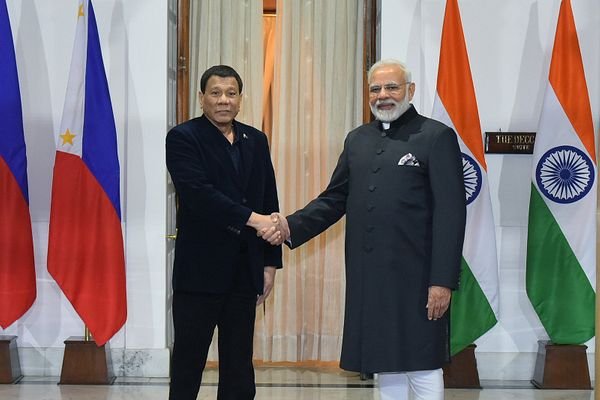India and the Philippines are currently in the early stages of exploring a potential collaboration that could revolutionize digital payments in both countries. The heart of this collaboration lies in the integration of India’s pioneering Unified Payments Interface (UPI) with the digital payment systems of the Philippines. This forward-looking proposal was set in motion by none other than India’s external affairs minister, S. Jaishankar, during a significant meeting with his Philippine counterpart, Enrique Manalo, in June.
While no official confirmation has emerged from the Ministry of External Affairs regarding this collaboration, the idea is very much in line with India’s strategic vision of expanding the global footprint of UPI. The National Payments Corporation of India (NPCI), the entity responsible for UPI, has expressed a keen interest in establishing interoperability between UPI and international digital payment platforms. This initiative is poised to create seamless cross-border transactions, encompassing remittances and merchant payments.
The backdrop of this potential collaboration gains substantial importance through the memorandum of understanding (MoU) inked between India and the Philippines in June. The MoU is specifically tailored to the realm of financial technologies. It outlines the formation of a Joint Working Group that will delve into possible collaborations across various domains, such as fintech innovations, digital governance, interoperable APIs, payment linkages, and financial inclusion strategies.
This budding partnership has significant implications for the Indian diaspora residing in the Philippines, a community numbering around 130,000 individuals. The simplification of sending money back to India via efficient and secure digital payment platforms could be a game-changer. It not only promises to enhance the ease of financial transactions for overseas Indian workers but also solidifies the economic ties between the two nations.
While discussions are still in their infancy, the potential integration of UPI with the digital payments ecosystem of the Philippines holds the promise of bolstering financial inclusivity and fostering more profound economic cooperation between these two dynamic nations. If realized, this collaboration could propel both India and the Philippines to the forefront of digital financial innovation and transformation.
